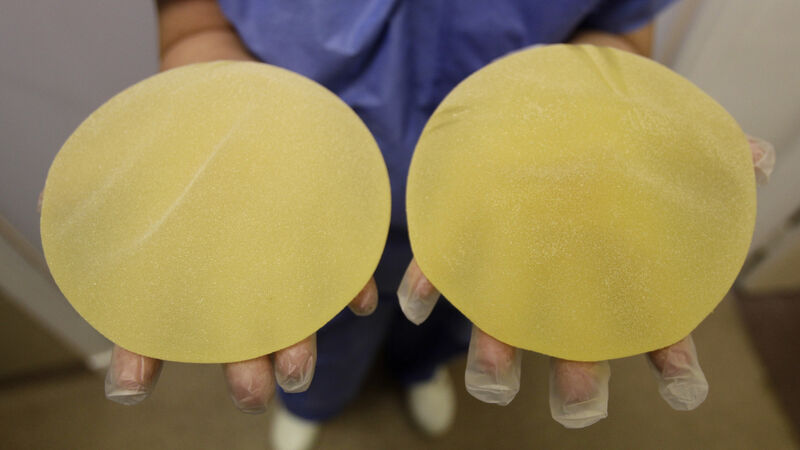French ruling on faulty breast implants could impact hundreds of Irish women

An estimated 1,500 Irish women received the PIP implants as well as about 47,000 in the UK. File picture: AP /Lionel Cironneau
A French court has ruled that a German company was negligent for certifying breast implants at the centre of a major health scandal in a judgment that could have implications for hundreds of Irish women.
The case taken by the PIP Implant World Victims Association (PIPA) involves 2,700 women from around the world, who were affected by the PIP breast implant scandal that emerged in 2010.










